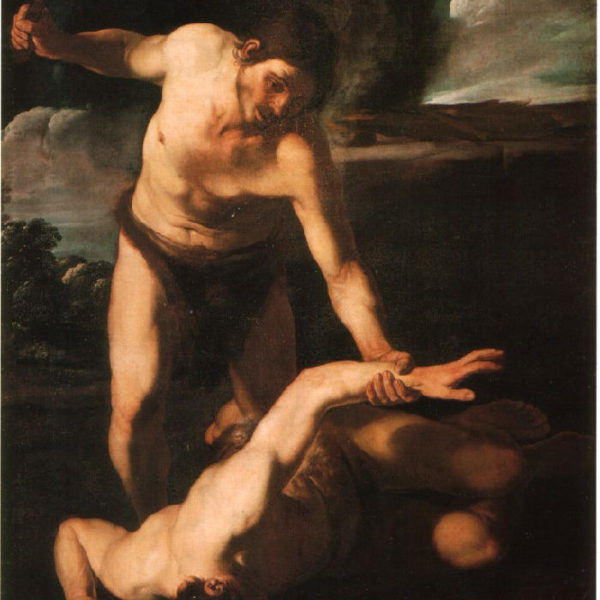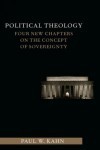
I am grateful to Bill Cavanaugh for taking the time to respond to my blog post of two weeks ago, “Modernity Criticism and the Question of Violence,” and giving me the opportunity to clarify better the nature of my criticisms. Clearly such clarification is in order, as Cavanaugh’s response seems to have struck off in something of the wrong direction, defending theses that were not really under challenge. If I may adapt the opening from his post, Cavanaugh’s response would raise significant difficulties for the thesis of my critique if (1) the argument of that critique were directed against The Myth of Religious Violence and (2) my purpose was to endorse Steven Pinker’s triumphalist progressivism. The first of these premises is false, and the second is highly questionable.

A sensible theologian gets used to the marginalization of theology in the mainstream academy. To find a book about the importance of political theology by a legal scholar at Yale is, however, cause for excitement. Paul Kahn’s exploration of, and extrapolation from, key themes in Carl Schmitt’s classic work goes beyond the usual association of political theology with fundamentalism and shows how even a liberal political order has a theology of its own. There has been no “resurgence” of religion; Kahn sees rightly that Mark Lilla’s “Great Separation” never happened, and that even liberal nation-states like the U.S. have taken on the aura of the sacred. Kahn’s insightful comments about nuclear warfare make this point acutely: “How is it that a political order that understands itself as characterized by the rule of law can hold forth the possibility of such destruction?” (11-12). It can only be because the nation has taken on an infinite value, and the popular sovereign, or nation as god, must retain its exceptional powers to act. In times of war, the President embodies the people like Christ embodies the whole (86). Liberal theories like that of Rawls have never properly come to grips with the violence of the nation-state and the persistence of sacrifice in modern politics.
All of this and more is expanded upon in quite brilliant fashion, and I remain grateful to Kahn for opening up new lines of inquiry that may have been heretofore closed to legal and political theorists. In the end, however, there is less convergence than first appears between political theology as Kahn understands it and what goes under the same name in the present journal.